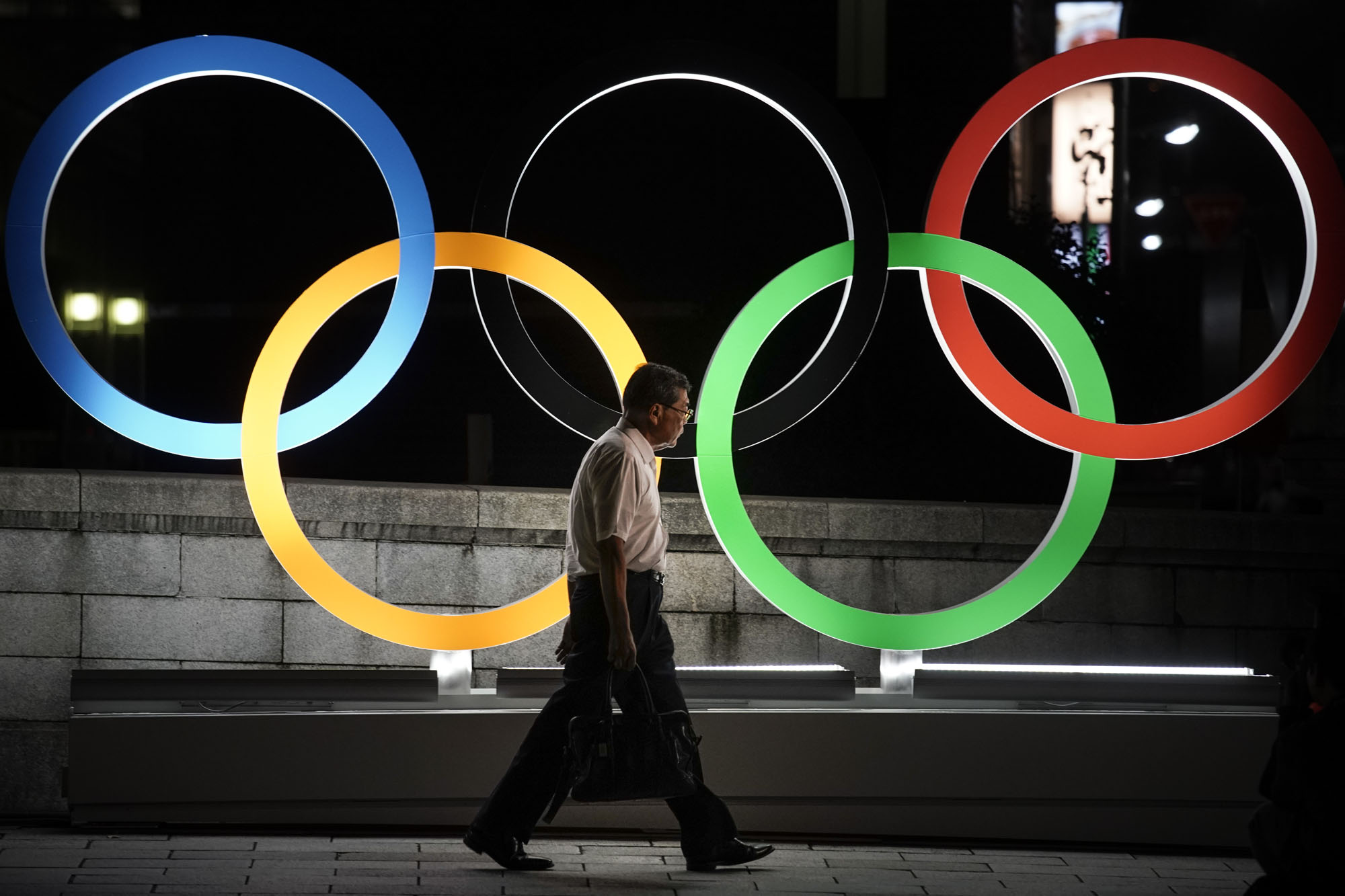In the run-up to the 1964 Tokyo Olympics, Gov. Ryotaro Azuma called the games an opportunity to build a new Tokyo and a new Japan. Azuma's vision materialized with resounding success. For postwar Japan, the games were a watershed moment, transforming Tokyo's infrastructure and reconstructing the nation's identity. We should not expect a repeat performance in 2020.
When the Olympic flame returns to Tokyo next summer, expectations will be high for the event to once again transform the city and the country. Organizers want the games to "change the future of Japan." Prime Minister Shinzo Abe sees the Olympics as "vitalizing ... the whole of Japan."
The goals are bold. With plans for robots, automated fuel-cell cars and man-made meteor showers, the games will likely live up to organizers' promise of being the "most innovative in history." But the event will do little to effect the kind of dramatic change leaders advertise. If 1964 marked a rebirth of Japan, 2020 offers redundant upgrades to an already advanced, wealthy megacity. True transformation requires confrontation with the sticky problems holding back Japan's society, like gender inequality, lack of diversity and rigid notions of ethnic identity. No sports event can grapple with such a task.

















With your current subscription plan you can comment on stories. However, before writing your first comment, please create a display name in the Profile section of your subscriber account page.